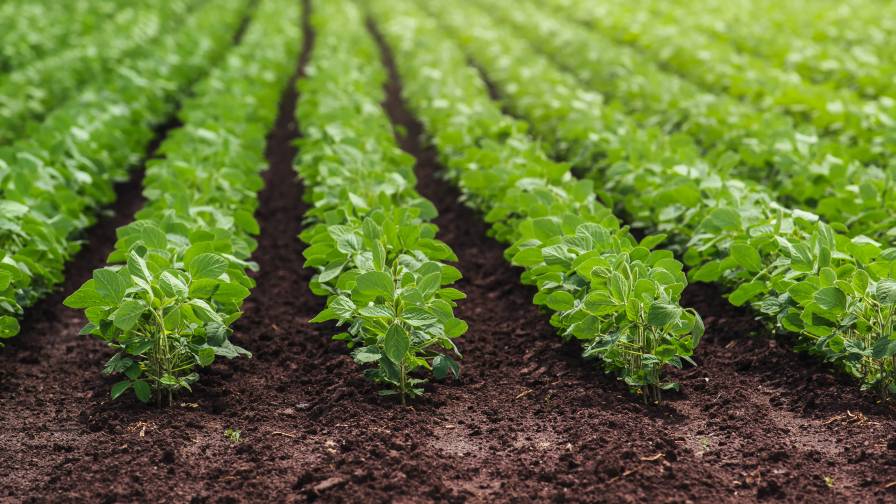Plenty of Excitement in the Biologicals World
Recently, I attended the 2023 Ohio Agribusiness Association (OABA) winter meeting. There, three researchers from Brookside Laboratories, Inc., were presenting their findings regarding nitrogen (N) stabilizers to attendees. Along with testing many of the well-known N stabilizers such as Instinct and Centuro, they also included one lesser known biological n stabilizer in their sample.
“Anybody here want to guess why we did this?” one researcher asked the audience.
“Because biologicals are super-hot right now,” came the answer.
“Exactly right,” said the researcher.
For anyone who has paid attention to the biologicals marketplace these past 16 months or so, this statement is indeed correct. One need only to look through the Biologicals Special Report from CropLife® magazine to realize that plenty of companies and their grower-customers are paying lots of attention to this category of agriculture.
And biologicals themselves have come a long way in a short amount of time. As Gilman Farley, President of Biodyne USA/Partner of BW Fusion, pointed out in the 2022 Biologicals Special Report, the category has gained some much needed respect in recent growing seasons.
“Ten years ago, the skepticism and ‘snake oil’ mentality was prevalent and biologicals and biostimulants were met with resistance at the farmgate level,” said Farley. “Ten years ago, everything was about increasing yield. It is not all about yield now. Yield improvements are certainly key but increasing farm efficiency and return-on-investment (ROI) is the central theme at this point.”
Beyond this level of acceptance coming from the farmgate level, biologicals are also attracting plenty of attention from traditional crop protection product manufacturers. Over the past two years, dozens of these companies have acquired established biologicals suppliers to further their own company line-ups of these products. An example of this would be FMC Corp. On June 29 of last year, the company acquired BioPhero ApS, a Denmark-based pheromone research and production producer.
“This acquisition demonstrates our continuing commitment to invest in biologicals and adjuvants technologies, expanding our world-class portfolio while advancing sustainable agriculture,” said FMC President and CEO Mark Douglas, regarding the transaction.
More recently, this past January, Valent BioSciences LLC, announced its acquisition of FBSciences Holdings, Inc. With this acquisition, Valent BioSciences and its parent company, Sumitomo Chemical Co., Ltd., now offer an innovative and proven portfolio of integrated biorational solutions, including biostimulants, biopesticides, and crop nutrition solutions.
“The acquisition of FBSciences is a natural next step in the evolution of our organization as a global leader in biorationals, including biostimulants,” said Ted Melnik, President and CEO of Valent BioSciences. “Our combined organizations have many decades of experience leading our respective markets with science-based technology and innovation. The wide range of biostimulant, biopesticide, and crop nutrition products and technologies in the FBSciences portfolio augments Valent BioSciences’ broad family of biorational products, thereby creating an unmatched range of value-added and sustainable solutions that no other company can provide.”
Instead of outright acquisitions, some companies are going the partnership route to expand their biological offerings.
Bayer and Kimitec recently announced a new strategic partnership focused on accelerating the development and commercialization of biological crop protection solutions and biostimulants. As part of a global agreement, both companies will become key partners to advance and establish biological solutions derived from natural sources: crop protection products that address pests, diseases, and weeds, as well as biostimulants to promote plant growth.
“Our work with Kimitec offers a unique accelerated path to innovative biological solutions that will help us deliver on our shared vision for a new generation of effective, safe, and sustainable solutions derived from nature,” said Benoit Hartmann, Head of Biologics for Bayer’s Crop Science Division. “Being able to partner with Kimitec is exactly how Bayer is going to leverage the open innovation ecosystem to work with our different strategic partners and bring the next generation of biologicals to growers.”
So, with its present looking solid, the future for the biologicals category appears much brighter than it did at the start of the 2020s.






